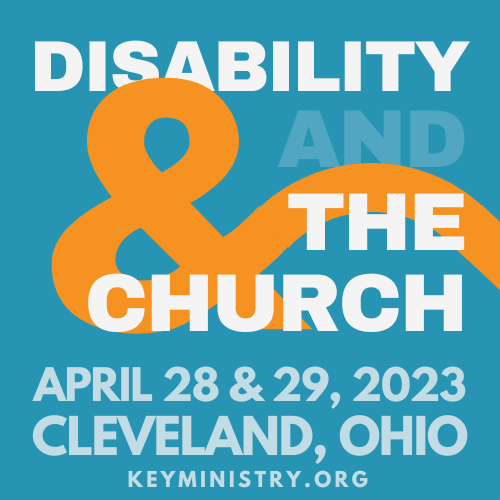This is part one of a five-part series entitled: Empowering Kids with Disabilities. Part two will publish in March 2023. - Editor
Empowering kids with disabilities is important, right? I mean, parenting is about empowering and equipping our kids to self-advocate to the best of their abilities, right?
And yet.
If my experience of raising a child with special needs is anything like yours, empowering my kid with disabilities rarely reached the top of my parenting priority list. For a long time, we were too busy keeping our son alive. Once he was healthy, we were too busy recovering from the trauma of keeping him alive.
You know what I mean.
Many years later, during my career as an elementary teacher, I took a professional development course based on William Glasser's Choice Theory. The name of the course is long forgotten, but it revolutionized my teaching. It changed my relationships with students because it showed me how to empower them, whether or not they had disabilities, by addressing their basic human needs every single day.
It was powerful stuff.
Even after I left teaching, Glasser's principles found their way into my books. They now inform my work with adult learners and parents raising kids with disabilities. They shape how I interact with my adult children and my four amazing grandchildren. The principles work because they focus on the needs common to humans of all ages. So what are those needs?
I'm so glad you asked!
As identified by Glasser, the five basic human needs, all-powerful motivators in children and adults, are survival, love and belonging, power, fun, and freedom.
Once you understand what the needs encompass and how to meet them, they can be used to equip children of all ages and abilities to self-advocate as best they can. In other words, they are a means of empowering kids with disabilities. Specifically, they are a means of empowering your child with disabilities and special needs.
Over the next few months, I'll be exploring the five needs with you. Each will take a turn in the spotlight. Each will be defined, and you'll learn different ways to meet it. I'll share a few examples of how caregiving parents can meet these needs within the context of disability. Then you can adapt and use it to meet those needs in your child's life. Because, although the five basic needs are common to all humans, delivery methods have to be tweaked because our kids' circumstances and disabilities vary widely.
Today, we'll take a look at survival.
Photo by Luke Stackpoole on Unsplash
It's a quick look because you probably learned about the basic survival needs in elementary school science and social studies classes. Survival encompasses our physical need for sleep, food, water, comfort, and warmth. We don't pay much attention to those things until they are lacking. Then they become all we think about. Until those needs have been met again, we can't think about anything else.
Now, let's apply what we know about basic survival needs to the kids in our care. Ask yourself these two questions:
How does being a kid and having a disability impact being able to meet their own survival needs?
How does meeting the survival needs of your child with disabilities shape your role as a caregiver?
Take a minute to think about your answers, and maybe even write down what you do each day to meet their survival needs.
Now, ask yourself this question:
What can I do or change so my child with disabilities can meet more of their survival needs?
Your answer could be as simple as moving a glass of water into reach and as complex as teaching a child to administer their own tube feedings.
It could be as simple as providing wet wipes for thorough self-cleaning after a bowel movement to years devoted to toilet training.
You get the idea. You're probably generating ideas customized to your child's situation. Once your mind's done whirring, ask yourself this:
How could increasing my child's ability to meet their own basic survival needs increase their sense of empowerment and self-advocacy?
This, parents, is our goal.
Empowering kids with disabilities is all about equipping them to meet their basic needs—in this case, their need for survival—as best they can. It doesn't mean they will reach complete autonomy, but that they are encouraged to gain autonomy when and where they can.
This is the role of every parent. It is good and right and pleasing to God, who calls us to guide our children to their full potential. I believe this wholeheartedly, which is why I'm devoting four more blog posts to the topic.
In March, that means talking about how empowering kids with disabilities involves meeting the basic human need for love and belonging, something Jesus exemplified during his time on earth. I hope you'll join me.
Jolene Philo is the author of several books for the caregiving community. She speaks at parenting and special needs conferences around the country. She's also the creator and host of the Different Dream website. Sharing Love Abundantly With Special Needs Families: The 5 Love Languages® for Parents Raising Children with Disabilities, which she co-authored with Dr. Gary Chapman, was released in August of 2019 and is available at local bookstores, their bookstore website, and Amazon. See Jane Sing!, the second book in the West River cozy mystery series, which features characters affected by disability, was released in November of 2022.





